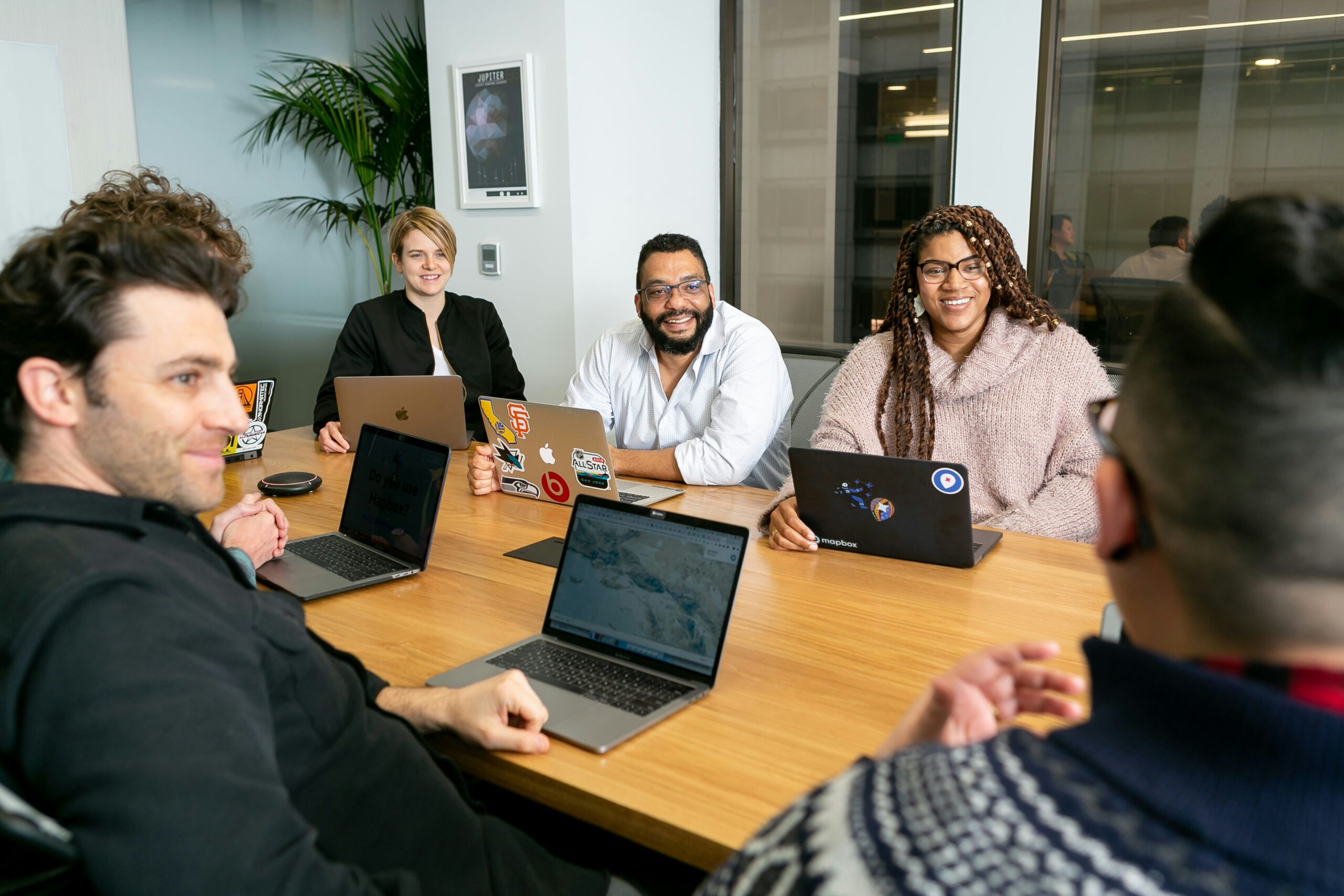This annual event, which took place this week, serves as a poignant reminder of the barriers faced by individuals with learning disabilities in the workplace. According to Mencap, approximately 1.5 million people in the UK live with a learning disability, yet many encounter significant hurdles in securing and maintaining employment. These statistics highlight the urgent need for businesses to adopt inclusive practices year-round, rather than viewing inclusivity efforts as occasional gestures.
So how do HR teams turn inclusive intentions into meaningful actions? Action that will instil real, sustainable change in the workplace and in the business world as a whole.
Embedding inclusivity as a core business strategy
For HR teams, fostering a culture of inclusivity isn’t just about compliance, it should be meaningful and be about harnessing the full range of talent and perspectives within the workforce. It requires an ongoing commitment to understanding and addressing the unique challenges faced by employees with diverse needs, ensuring that every voice is heard and valued.
Creating an inclusive environment goes beyond simply accommodating disabilities. It involves rethinking traditional workplace practices and making meaningful changes to ensure everyone has equal opportunities to succeed. This means creating a culture where diversity is celebrated, and everyone feels that they belong.
Businesses that prioritise inclusivity will reap the rewards and benefit from enhanced creativity, innovation, and problem-solving capabilities. Research by Deloitte highlights that inclusive teams can improve performance by up to 30%, emphasising the tangible benefits of diverse perspectives. In addition, Gallup reports that highly engaged employees, who feel valued and supported, contribute 21% higher productivity levels.
So how do HR teams embed inclusivity into the fabric of their culture?
Committing to accessibility audits
To cultivate an inclusive workplace environment, HR teams should conduct regular accessibility audits. These assessments identify physical and digital barriers that may impede the participation of employees with disabilities. By proactively addressing these challenges, organisations can create environments where all employees can contribute fully to their potential. This approach not only enhances accessibility but also creates a culture of equity and respect. These are not just physical barriers, they can be digital, behavioural and in the attitudes of your staff. Do the work to heighten awareness and understanding within your organisation.
Investing in ongoing training and development
Training initiatives focused on diversity, equity, and inclusion (DEI) are crucial for maintaining a supportive workplace culture. Beyond one-time workshops, continuous education ensures that all employees – from senior management to junior members of staff – understand the importance of inclusivity and are equipped with the skills to adopt an inclusive environment. This continuous education can also help dismantle unconscious biases and promote a more understanding and cohesive team dynamic. Regularly updating training materials to reflect current DEI best practices and trends will help strengthen inclusivity.
Adopting the Manual of Me, a powerful framework that helps employees discover and communicate their working preferences and needs, is also a great way to help teams work better together. Adopting inclusive meeting practices and language guidance to encourage people to normalise good behaviours and communication can really help too.
Empowering Employee Resource Groups (ERGs)
Employee Resource Groups (ERGs) play a pivotal role in promoting inclusivity. These initiatives provide platforms for employees to advocate for their peers and drive meaningful change within the business. ERGs focused on disability inclusion, cultural diversity, or other dimensions of diversity enable employees to collaborate on initiatives such as policy recommendations, cultural celebrations, and awareness campaigns. Such groups not only provide support but also serve as catalysts for policy changes and new initiatives. By empowering ERGs, HR teams amplify employee voices and encourage a workplace culture where diversity is celebrated and valued.
Implementing flexible and inclusive policies
Flexibility in workplace policies is essential for accommodating diverse needs and preferences. Offering options such as flexible working hours, remote work arrangements, and accessible workplace accommodations demonstrates a commitment to inclusivity. Such policies can enhance employee satisfaction and retention, as well as contribute to organisational resilience and agility. Providing additional employee support, such as mental health resources and wellness programmes, can also help a company’s commitment to inclusivity.
Promoting inclusive communication practices
Effective communication is key to nurturing inclusivity within the workplace. HR teams should prioritise clear, transparent communication that resonates with all employees, including those with diverse communication needs. Providing alternative formats to consume information – such as audio, visual, large print or screen readers – ensures accessibility for all team members. Additionally, promoting an open dialogue culture, where diverse perspectives are encouraged and respected, cultivates a collaborative work environment where innovation thrives.
Adopting inclusive recruitment practices
Adopting inclusive recruitment practices is vital for attracting and retaining diverse talent. Rather than relying on traditional interview methods that may be prone to bias, HR teams can implement structured interview processes, involve diverse interview panels, and provide training to mitigate unconscious bias. By standardising evaluation criteria and promoting transparency in recruitment practices, businesses can uphold their commitment to fairness and inclusivity in talent acquisition. Regularly reviewing and updating job descriptions to ensure they are inclusive and free of biased language can also make a significant impact.
Continuous learning and improvement are key
The journey towards inclusivity is ongoing and requires continuous learning and adaptation. Engaging with external experts, such as DEI and accessibility consultants, can provide valuable insights and guidance for enhancing organisational practices. Working with these professionals allows HR teams to stay abreast of emerging trends and best practices in inclusivity and inform their day-to-day work. Encouraging feedback from employees and using this input to refine policies and practices further demonstrates a commitment to continuous improvement.
While awareness days are great to help educate and inform individuals and organisations, inclusivity should be integrated into the core values and practices of every organisation, every day. By embracing year-round inclusivity initiatives, businesses can create an environment where all employees can thrive and contribute meaningfully.







